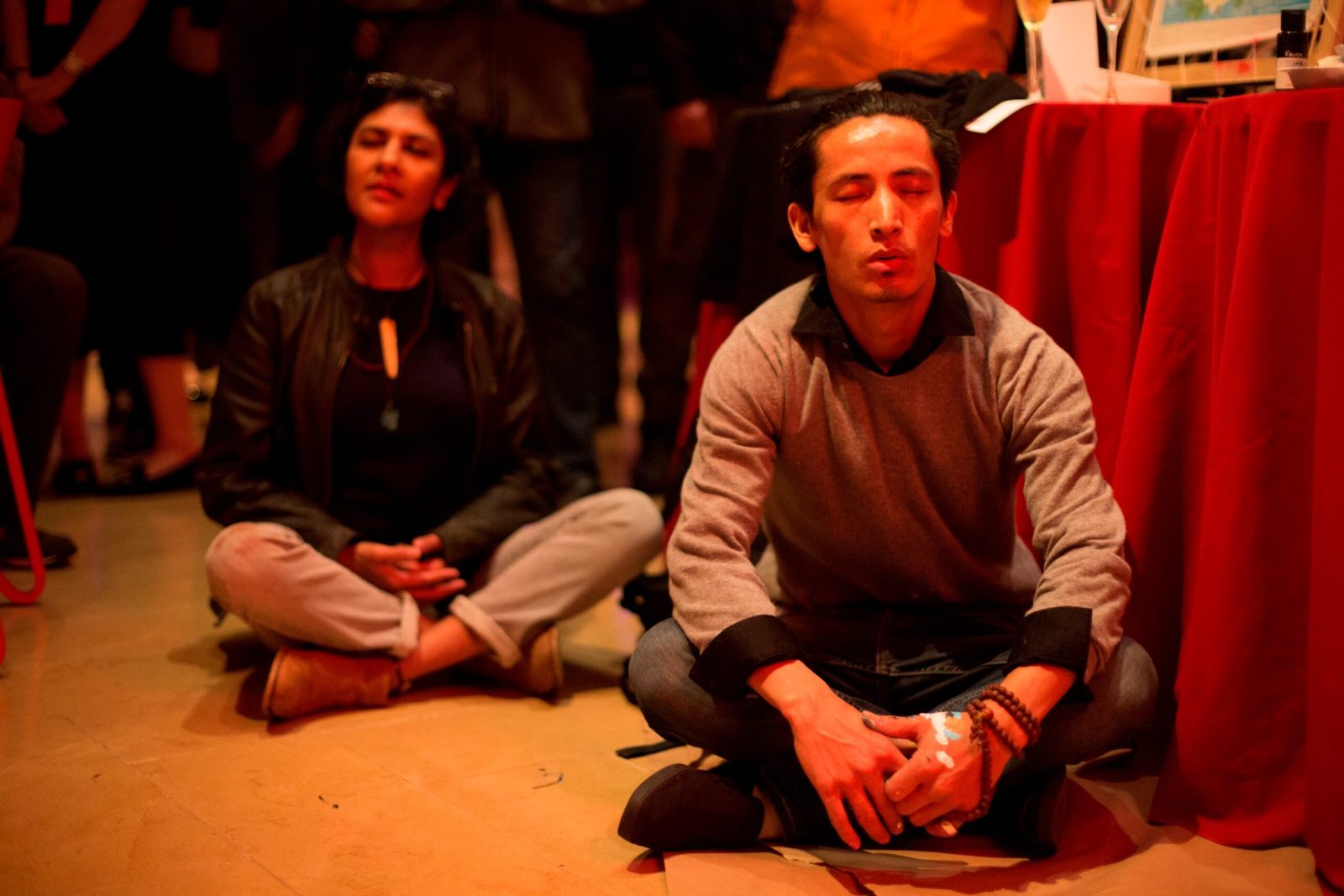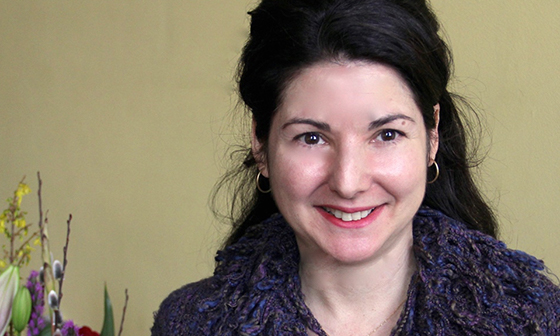


Many turn to meditation today as a way of relaxing the mind and calming the spirit as countless generations have done before. As an intrinsic part of Buddhist practice, meditation has always held a significant connection to guiding one’s own spiritual liberation. These techniques aim to promote self-mindfulness, tranquility, and concentration. But does this introspective exercise also influence how people observe outside reality? We asked meditation experts Kimberly Brown and Dr. Tara Well for their insight on the correlation between meditation and perception.

Kimberly Brown: Meditation can enable you to notice long-held misperceptions you may have about the world and yourself. For much of my life, I believed myself to be very alone; independent of other people, separate from other living beings, and out of touch with my own emotions and sensations. Since learning to meditate and pay attention to what’s happening in my mind, body, and environment, I’ve been able to let go of this misperception. I feel much more connected to what’s around me, and far less lonely. Meditation has allowed me to recognize how deeply dependent we are to each other, and how even our smallest actions affect ourselves and others.

Dr. Tara Well: A daily self-reflective practice that increases awareness and compassion allows people to be more effective in the actions they take to help bring about the changes they want to see in the world because they’re better able to take mindful action instead of reacting based on anger and fear they may be experiencing in the moment. And, there’s something unique that happens when people take the time to really see themselves; they feel their humanity and that gives them a sense of reassurance and compassion for themselves and others.
Dr. Well also suggests taking up the particular form of mirror meditation, which can allow for a revived consciousness of the world. Like traditional forms of meditation, mirror meditation is the practice of coming back to yourself, rather than looking outside yourself for a sense of security and predictability. Mirrors are commonly used as vehicles for self-admiration or self-criticism—but they’re also valuable tools to track our attention and deepen our awareness. The research on mirror meditation finds that a regular practice can reduce stress and increase self-compassion.
According to the meditation experts, meditation is the key to perceiving the world through clearer eyes. First, by looking inward at ourselves and coming to terms with our own thoughts and feelings, and then by looking outward to others and understanding our connection to the rest of humankind.

Kimberly Brown is a meditation teacher and author. She leads classes and retreats that emphasize the power of compassion and kindness meditation to reconnect us to ourselves and others. She studies in both the Tibetan and Insight schools of Buddhism and is a certified mindfulness instructor. Her latest book is Happy Relationships: 25 Buddhist Practices to Transform Your Connection with Your Partner, Family, and Friends. You can learn more about Kimberly at meditationwithheart.com.

Dr. Tara Well has over twenty years’ experience in conducting research on what motivates us and influences our perceptions as well as extensive training in meditation, yoga, and other mind-body healing modalities. The National Institute of Mental Health (NIMH) and National Science Foundation (NSF) have funded her research on achievement motivation and autobiographical memory. She has served as an associate editor of The Journal of Research in Personality and as a consulting editor for the Journal of Personality and Social Psychology.
Get the latest news and stories from the Rubin, plus occasional information on how to support our work.